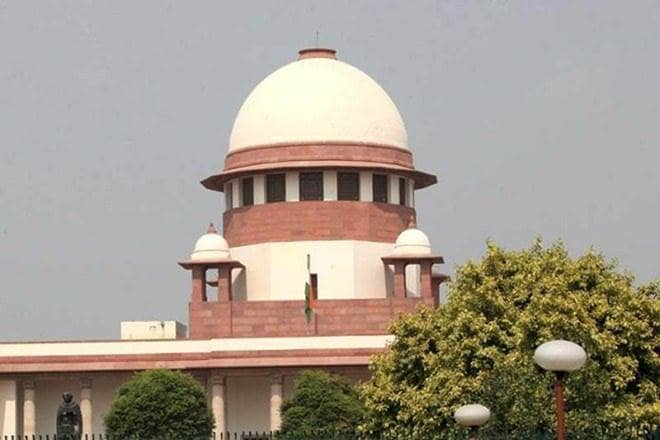The Supreme Court Collegium has asked the Centre to explain why it blocked its recommendation last year to appoint Senior Additional Advocate General Wasim Sadiq Nargal as a judge in the Jammu and Kashmir High Court. According to a report in The Indian Express, on April 6 last year, the Collegium headed by then CJI Dipak Misra had recommended the appointment of Nargal as a judge but the recommendation was returned by the Union Law Ministry a year later. CJI Ranjan Gogoi and Justice (retired) J Chelameswar were also part of the Collegium that had recommended Nargal’s elevation.
Had the government cleared the Collegium’s recommendation, Nargal (49) would have become the first Muslim judge from the Jammu and Kashmir High Court. Also, he would have had more than 12 years as a permanent High Court judge and by the convention of seniority, he could be a Chief Justice of a High Court.
The IE report said that the Centre returned the file of Nargal without providing any specific information and asked the Collegium to reconsider its April 2018 recommendation. In June 2018, Nargal had submitted his resignation and is now practicing as an advocate in Jammu.
“As regards Shri Wasim Sadiq Nargal, Advocate, consideration of the proposal for his elevation is deferred for the present. Meanwhile, Department of Justice be requested to furnish specific information in detail on the basis of which the proposal for elevation of Shri Nargal has been referred back for reconsideration by the collegium,” the Collegium headed by CJI Ranjan Gogoi said at its last meeting on January 16.
In April 2018, then Collegium had also recommended Advocate Nazir Ahmed Beign, Assistant Solicitor General Sindhu Sharma and Judicial Officer Rashid Ali Dar for appointment as judges of the Jammu and Kashmir High Court. The Collegium’s decision had come after the three judges had an interaction with the recommendees.
The Indian Express had earlier reported that the Union Law Ministry had began processing the file related to Nargal and Sharma (both from Jammu), Dar (from Kashmir) and that it will send back Beig’s (from Kashmir) file. But on August 3, 2018, Nargal and Beig’s names were withheld and the Centre issued a notification appointing Sharma and Dar. Sharma became the first woman judge to be appointed to the J&K High Court.
At its January 16 meeting, the Collegium resolution said that it considers all relevant factors and the material placed in the file sent by the Department of Justice appropriate to recall its earlier recommendation on Beig and that his elevation need not be processed further. But in Nargal’s case, the Collegium asked the Department of Justice to furnish specific information in detail on the basis of which the recommendation was returned.
The Jammu and Kashmir High Court has an approved strength of 17 judges but is functioning with just nine.


